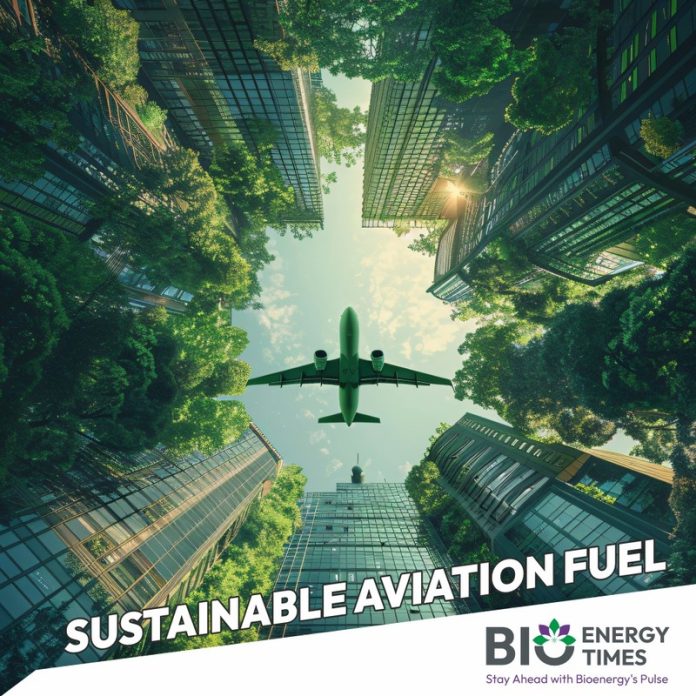Lufthansa Cargo and A.P. Moller-Maersk have joined forces to reduce the carbon footprint of air freight by using Sustainable Aviation Fuel (SAF).
Under the agreement, Lufthansa Cargo will use 400 metric tonnes of SAF on behalf of Maersk for the remainder of 2024. This move is expected to reduce CO2 emissions by at least 1,200 metric tonnes.
Reducing greenhouse gas emissions in airfreight remains one of the toughest challenges in global logistics and supply chain management. Maersk, one of the world’s largest logistics companies, is targeting net-zero greenhouse gas emissions by 2040 across all modes of transport and its other operations, including warehousing and container terminals.
Morten Bo Christiansen, head of energy transition at A.P. Moller–Maersk, emphasized the importance of SAF in aviation’s energy transition. “SAF is essential for more sustainable flying. Our agreement with Lufthansa Cargo allows Maersk to support increased use of SAF in the aviation industry,” he said.
The availability of SAF remains limited in the aviation sector. However, through this collaboration, both companies aim to accelerate its adoption and demonstrate the role of advanced fuels in reducing the environmental impact of airfreight.
To read more about Sustainable Aviation Fuel Industry News continue reading Bioenergytimes.com















